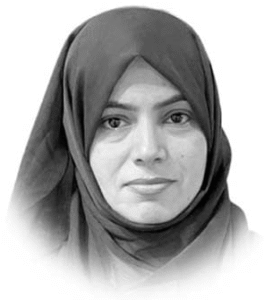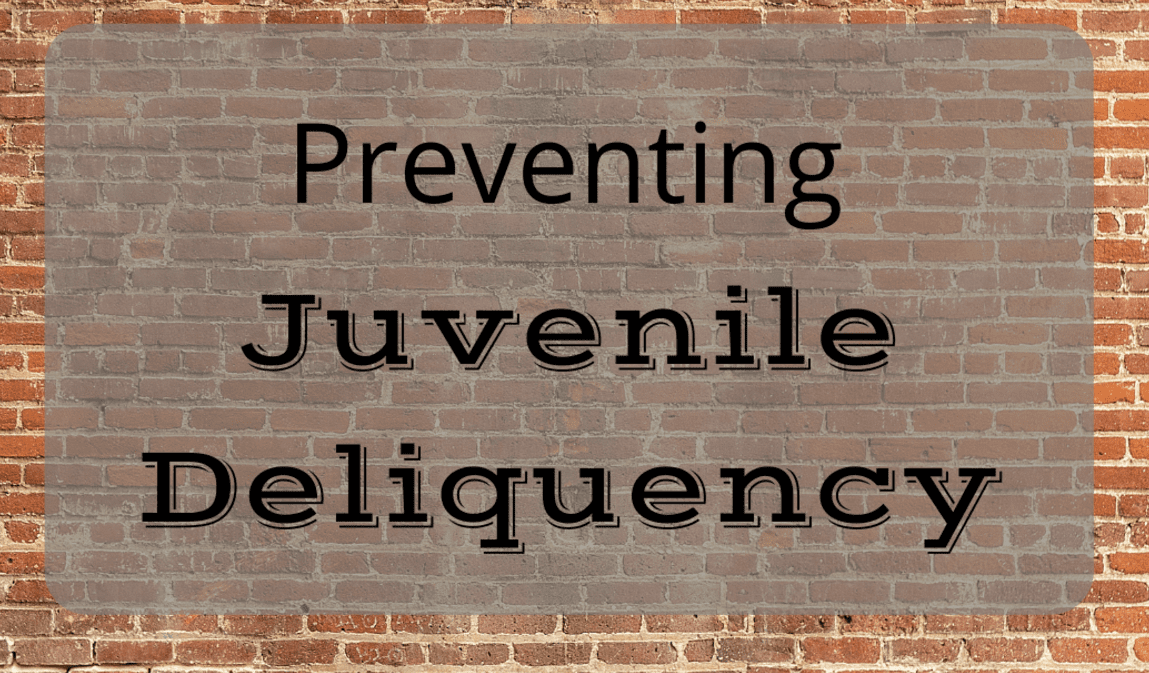
Crime is not an innate instinct, nor is it a deliberate act by an individual. It is society that breeds criminals. The treatment children receive from their parents can lead to deviant behaviour, encouraging them to commit crimes. The role of society, peers and friends also significantly influences this behaviour. Numerous studies reveal that criminals are born innocent but become shaped by their surroundings into committing criminal acts.
According to Alfred Adler, “if you trace back the life of a criminal, you will almost always find that the trouble began in his early family life.” The fact is that a criminal’s record is largely influenced by the treatment and nourishment received from parents during early childhood. This treatment can either be nurturing or involve maltreatment, which forms aggressive and deviant behaviour.
Children unconsciously learn from their family environment, which shapes their self-perception, societal views and understanding of norms. For instance, parental aggression can lead children to believe that hostility and disregarding others’ interests are acceptable. This behaviour often manifests in schools, where some children start picking fights, bullying and stealing more than others.
Juvenile delinquency is an act of nonconformity to community standards and societal laws. These antisocial tendencies are inculcated in individuals from the treatment they receive from their surroundings, especially parents, close relatives and peers. It becomes a matter of concern when these antisocial tendencies become so grave that the individual must become the subject of official action. Most cases of juvenile delinquency originate in middle-class families where violent behaviour of parents is common within the family.
Similarly, domestic violence, a key component of social problems, is a basis for delinquent behaviour among children. Children of abusive parents are more likely to replicate that behaviour with other children and commit violent acts in society. Substantial research links violent and humiliating forms of discipline in early childhood to the development of violent attitudes and actions later in life.
The issue at hand today is the deviant behaviour of children and their subsequent entry into the world of crime. These children commit minor crimes and eventually become habitual offenders. This serious issue requires attention at an early stage to prevent the escalation of criminal behaviour into adolescence and adulthood. One clear reason for this escalation is the lack of adequate reformatory institutions to change the behaviour of delinquent children.
Pakistan has only two borstal institutions, yet about 1,400 juvenile delinquents are in prisons, 20% of whom are girls. Alarmingly, 90% are awaiting trial, with some waiting until adulthood to be tried and sentenced to life imprisonment. Juveniles must be tried in juvenile courts and not be handcuffed, fettered, or corporally punished while in custody. The Ministry of Social Welfare handles their custody, protection and rehabilitation. Additionally, juveniles accused of offences are entitled to state-provided legal assistance.
A report from Justice Project Pakistan (Nov 2023) reveals only 30.7% of juvenile offenders are in reformatory centres, while 69.3% are in regular prisons. In Punjab, 81% of 745 detained juveniles are in regular prisons, with only 144 in reformatory centres. Sindh has 407 juveniles in detention, Khyber-Pakhtunkhwa 358, and Balochistan 7. According to CODE Pakistan (2022), only Punjab and Sindh have separate jails for women and juveniles; Khyber-Pakhtunkhwa and Balochistan lack reformatory centres. These figures highlight a significant gap in implementing the Juvenile Justice System Act 2018, which aims for non-custodial measures for juvenile offenders.
Children who are victims of crime or the perpetrators must be protected at an early stage to prevent more similar cases. It is time to take tangible steps to stop child delinquency and discourage deviant behaviour in children to ensure we do not face a future generation with criminal tendencies. It has been said that the social problem of one generation becomes the psychological problem of the next generation.
—
The writer is an educationist based in Larkana. She can be reached at sairasamo88@gmail.com





